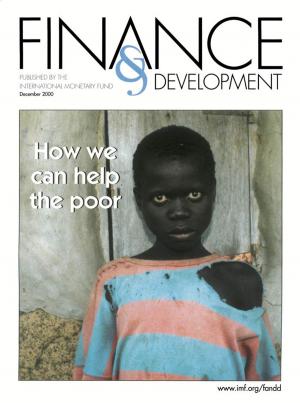Should Italy Sell Its Nonfinancial Assets to Reduce the Debt?
Business & Finance, Economics, Money & Monetary Policy, International Economics, Nonfiction, Social & Cultural Studies, Political Science, Politics, Economic Policy| Author: | Stefania Ms. Fabrizio | ISBN: | 9781455218370 |
| Publisher: | INTERNATIONAL MONETARY FUND | Publication: | May 1, 2008 |
| Imprint: | INTERNATIONAL MONETARY FUND | Language: | English |
| Author: | Stefania Ms. Fabrizio |
| ISBN: | 9781455218370 |
| Publisher: | INTERNATIONAL MONETARY FUND |
| Publication: | May 1, 2008 |
| Imprint: | INTERNATIONAL MONETARY FUND |
| Language: | English |
This paper assesses the proposal, publicly debated in recent years in Italy, to reduce public debt by selling public assets, especially nonfinancial tangible assets. The main findings indicate that, although selling public assets has some merit if done to make more productive use of them, practical complications abound. Moreover, such sales might weaken underlying fiscal discipline. Other heavily indebted countries have reduced their debt much more than Italy without heavy recourse to extraordinary sales. In this context, the case of Belgium is of particular interest. Weighing the trade-offs, if properly and transparently done, the sale of public assets can complement, to a limited extent, fiscal consolidation, but should not be considered as an alternative to it.
This paper assesses the proposal, publicly debated in recent years in Italy, to reduce public debt by selling public assets, especially nonfinancial tangible assets. The main findings indicate that, although selling public assets has some merit if done to make more productive use of them, practical complications abound. Moreover, such sales might weaken underlying fiscal discipline. Other heavily indebted countries have reduced their debt much more than Italy without heavy recourse to extraordinary sales. In this context, the case of Belgium is of particular interest. Weighing the trade-offs, if properly and transparently done, the sale of public assets can complement, to a limited extent, fiscal consolidation, but should not be considered as an alternative to it.















